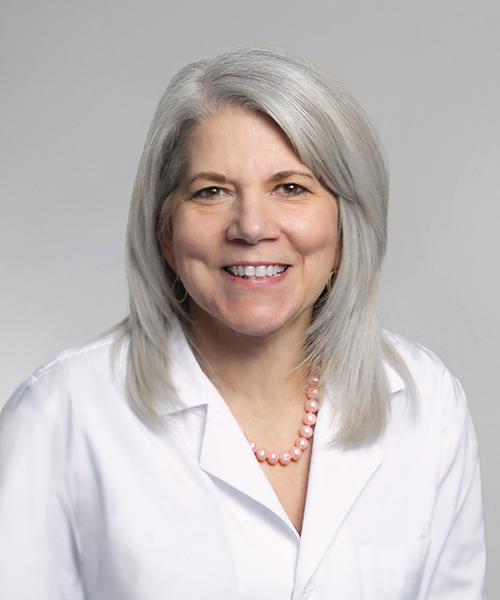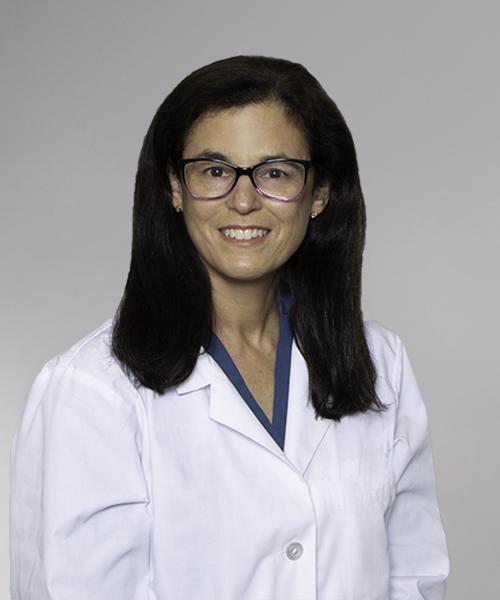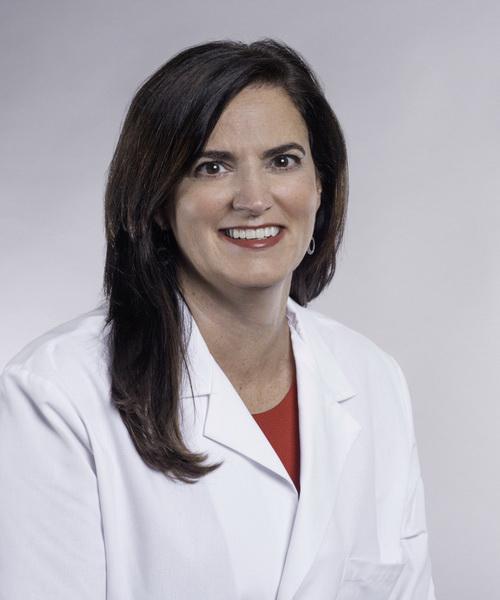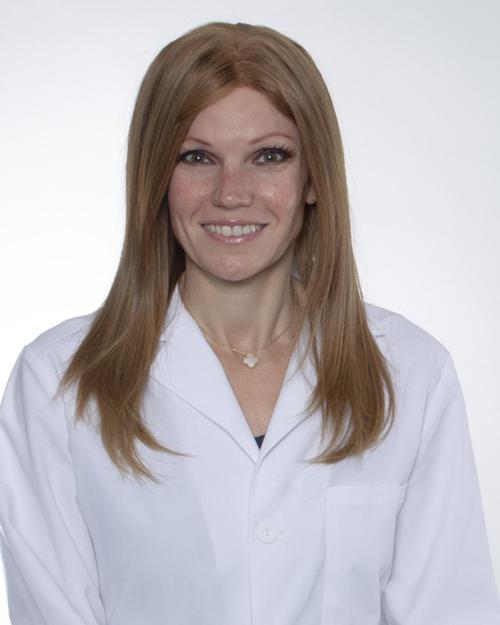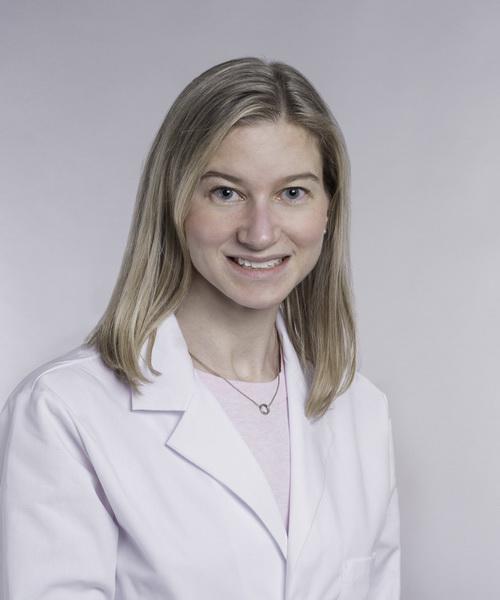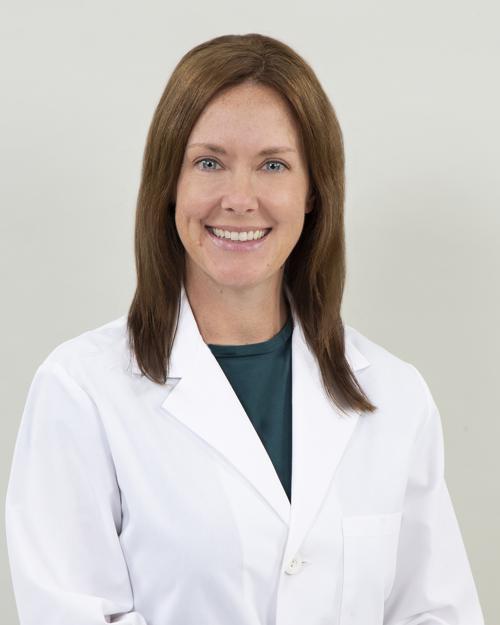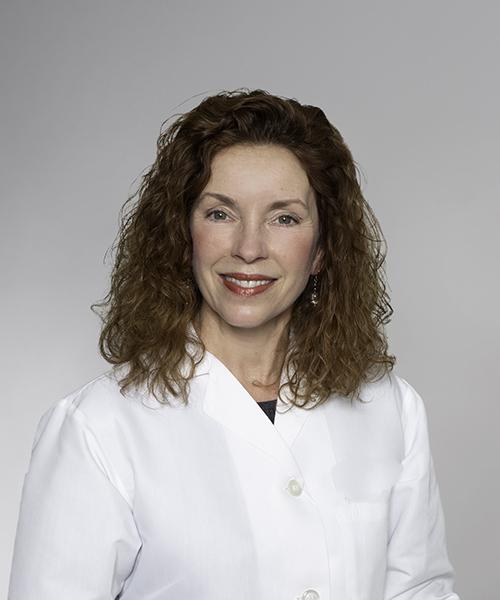Breast Cancer Care at Nuvance Health: Why Choose Us?
Nuvance Health provides advanced care, right in your community. Our comprehensive breast cancer program features:
-
Experienced specialists:
Your surgeons completed a general surgery residency followed by additional fellowship training in breast surgery, and they are board-certified. This expertise means you receive targeted care for your individual needs.
-
A team approach:
Multidisciplinary care is critical to successfully treating breast cancer. A fully integrated team collaborates to deliver effective care, including discussing and coordinating cases in tumor boards and specialized clinics.
-
Advanced procedures:
We continually evolve our surgical techniques to bring you effective care. Our specialists skillfully perform advanced oncoplastic surgeries to maintain or restore the breast’s natural appearance.
-
Genetic counseling and testing:
We offer dedicated cancer genetic counselors and sophisticated screening to assess your risk of developing cancer. We’ll also discuss ways to possibly reduce your risk of developing an inherited cancer. Learn more about genetic counseling for cancer.
-
Screening and prevention:
Using advanced mammogram technology, we create detailed images of the breast to detect cancer as early as possible. We offer all of the latest breast imaging techniques. Learn more about cancer screening and prevention.
-
Care centered on you:
Our relationship-driven approach supports your unique needs. Your nurse navigator provides dedicated support, and the entire care team takes the time to discuss your options and answer your questions.

